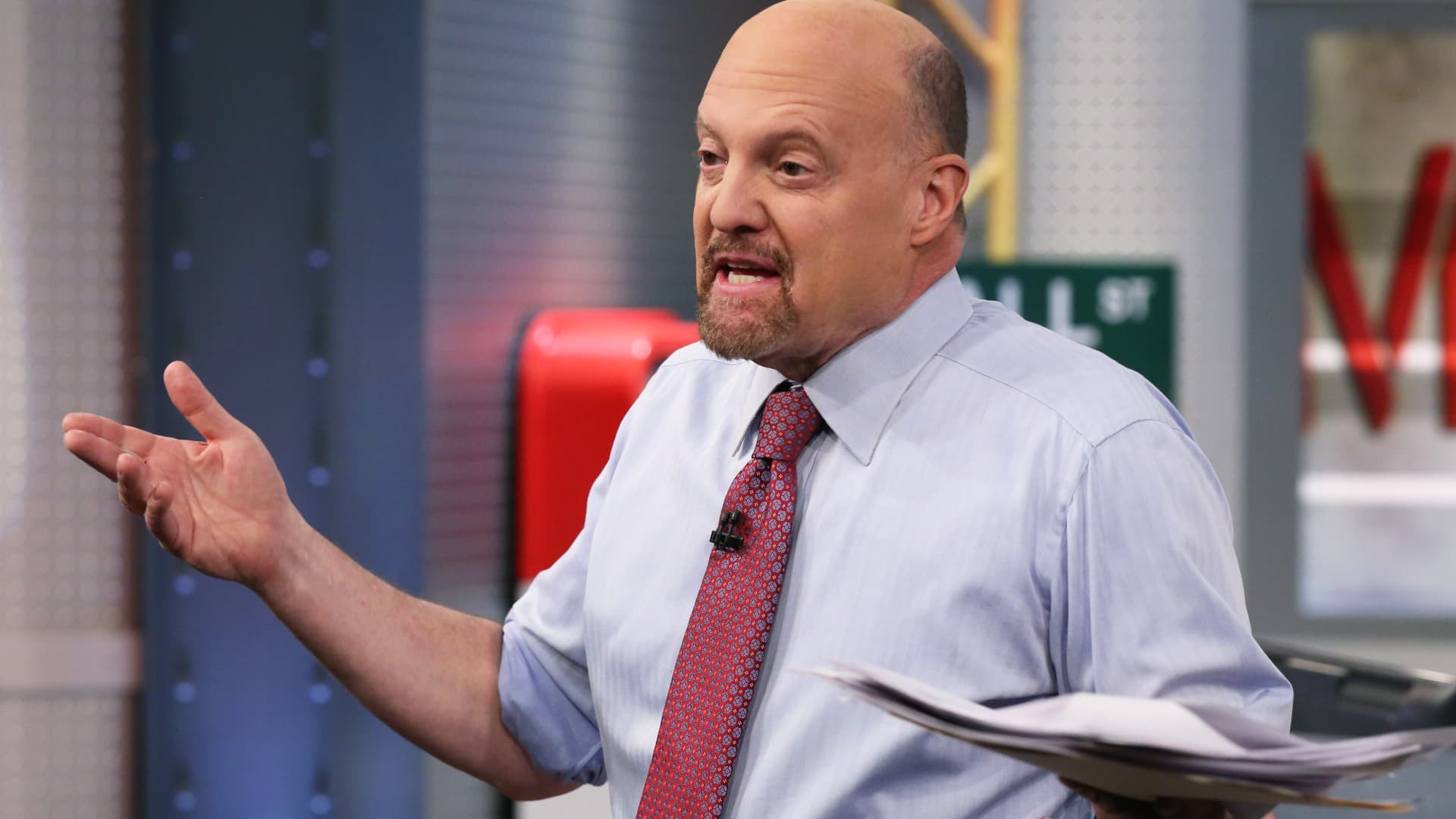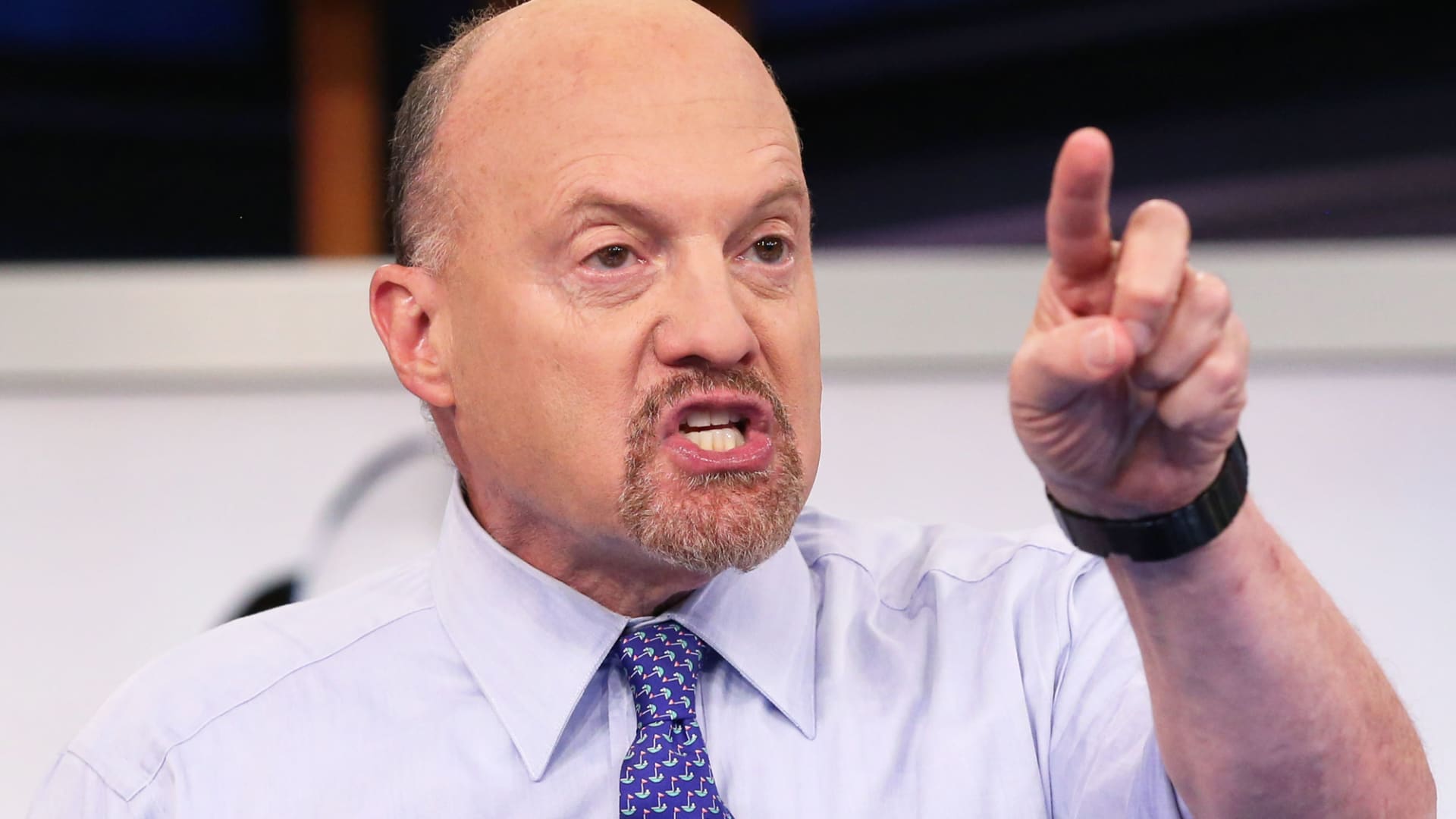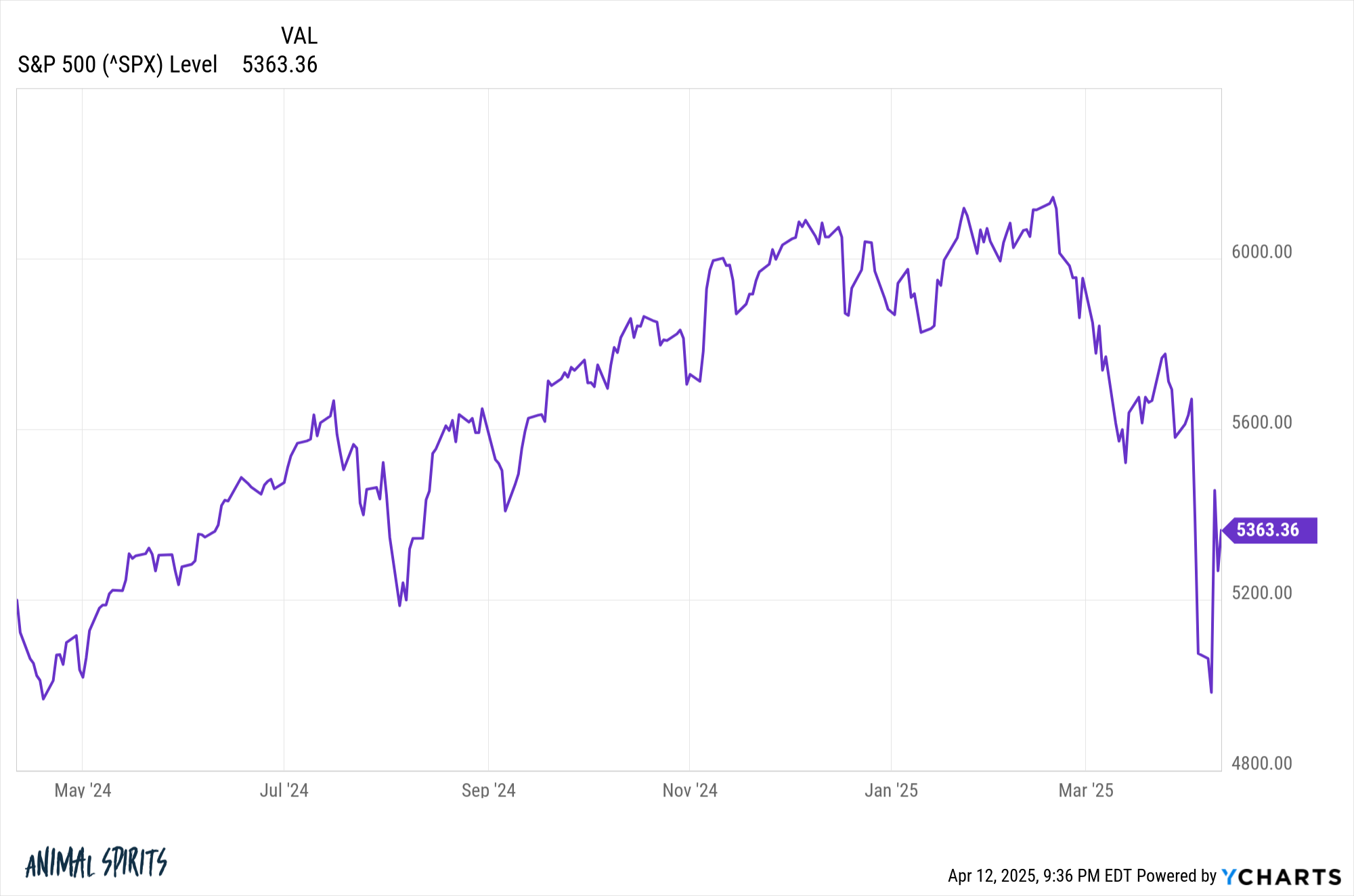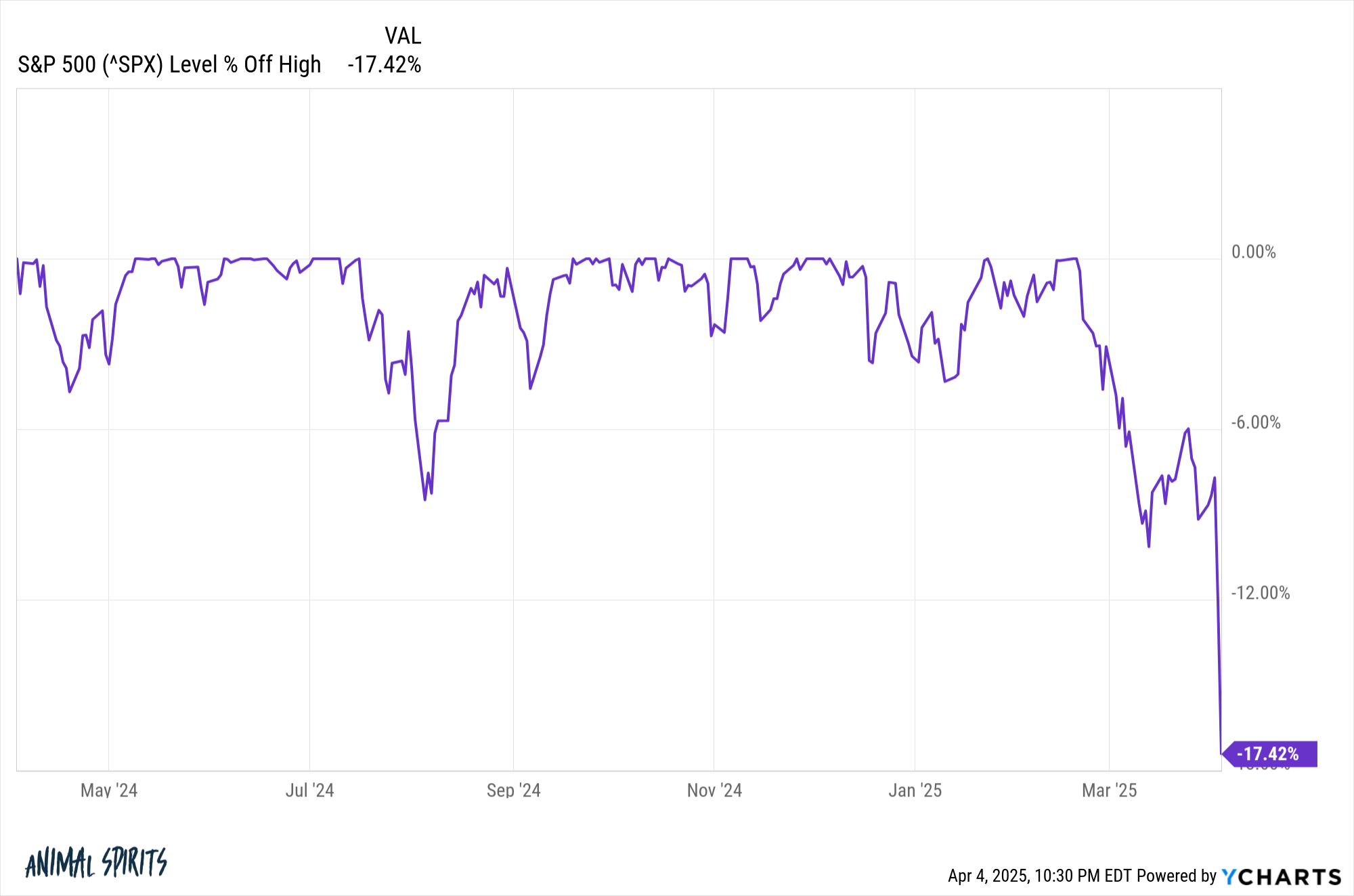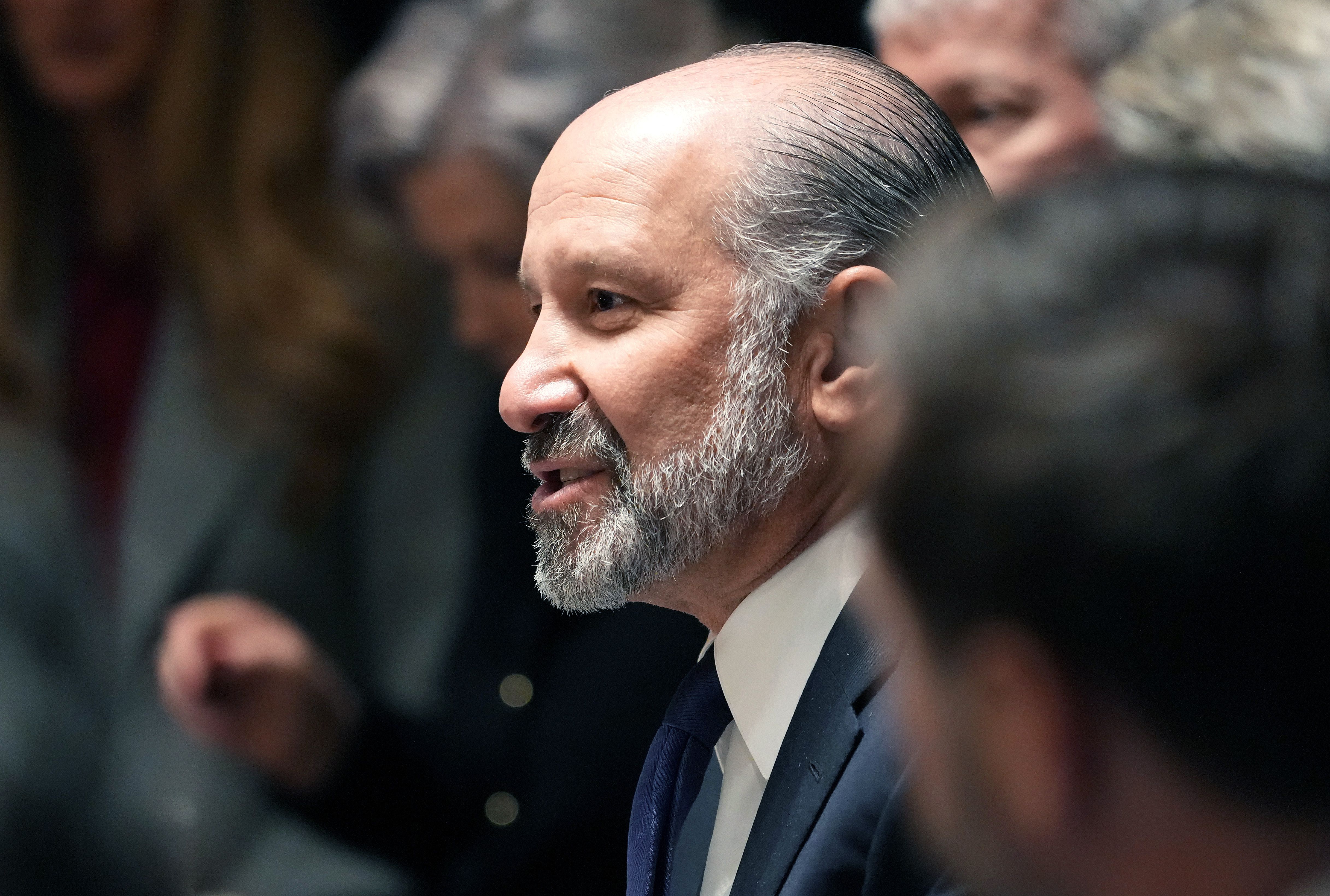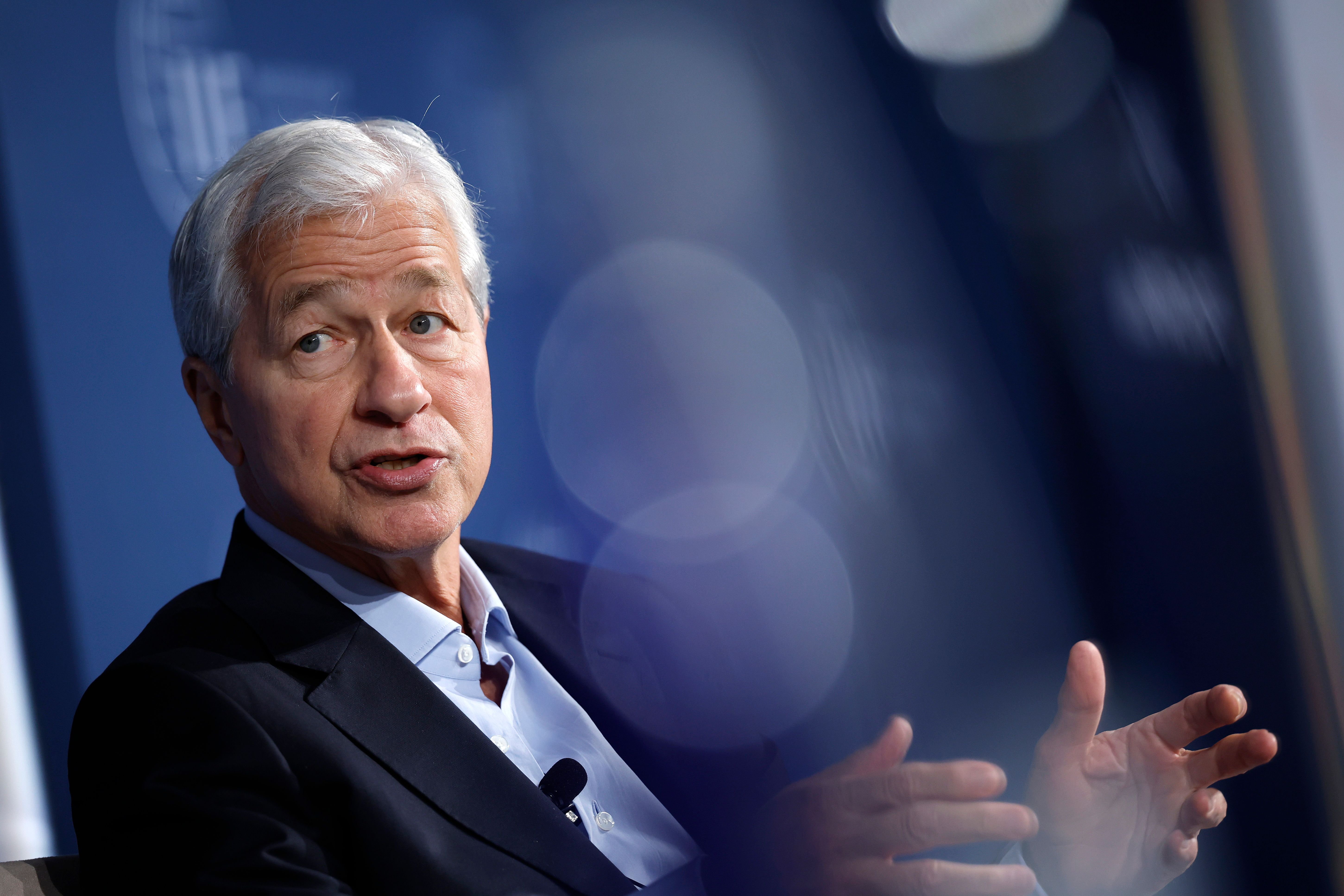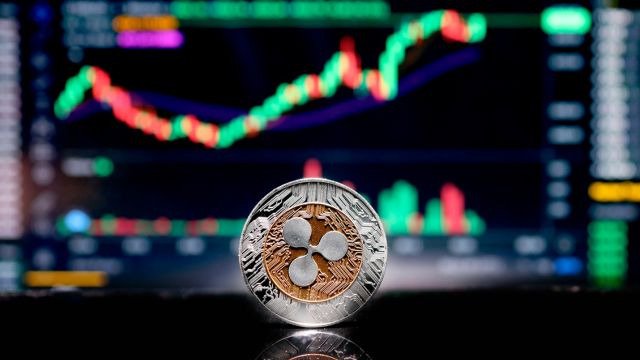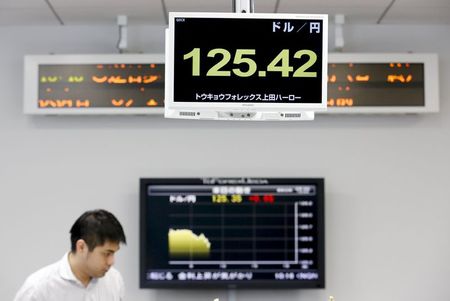Is BlackRock’s IBIT ETF a Smart Buy for Bitcoin Bulls?
2024 proved to be a watershed year for the pro-cryptocurrency community as the Securities and Exchange Commission (SEC) finally approved spot Bitcoin (CRYPTO:BTC) exchange traded funds (ETFs). With that, large-scale financial firms could now offer spot Bitcoin ETFs to the public for purchase. Among the first firms to put a spot Bitcoin fund on the market […] The post Is BlackRock’s IBIT ETF a Smart Buy for Bitcoin Bulls? appeared first on 24/7 Wall St..

2024 proved to be a watershed year for the pro-cryptocurrency community as the Securities and Exchange Commission (SEC) finally approved spot Bitcoin (CRYPTO:BTC) exchange traded funds (ETFs). With that, large-scale financial firms could now offer spot Bitcoin ETFs to the public for purchase.
Among the first firms to put a spot Bitcoin fund on the market was financial giant BlackRock. The company, which owns the iShares line of ETFs, launched the iShares Bitcoin Trust ETF (NASDAQ:IBIT). However, other firms, such as VanEck and Fidelity, have introduced competing Bitcoin-tracking funds.
Consequently, investors might wonder whether it’s smart to buy the iShares Bitcoin Trust ETF. There are risks involved, no doubt, but Bitcoin bulls can still find compelling reasons to hold shares of IBIT in 2025.
IBIT: A Convenient Alternative to Bitcoin
As you might expect, BlackRock is bullish about Bitcoin. The firm argues that Bitcoin has a fixed currency supply of 21 million units, features publicly recorded transactions on a blockchain, and facilitates global payments “regardless of location with no currency conversion needed.”
On the other hand, the Bitcoin price is volatile and can move 30%, 40%, or more. Therefore, holding Bitcoin or an asset that tracks it, such as the iShares Bitcoin Trust ETF, involves volatility risk.
Yet, if you can tolerate the risk and maintain a small position size, it might be fine to buy and hold some Bitcoin. But what if you don’t want to bother with cryptocurrency wallets and exchanges? Or maybe you have a retirement fund that doesn’t allow you to directly purchase Bitcoin?
There’s a simple and convenient solution with the iShares Bitcoin Trust ETF. Indeed, this fund was “designed to remove the obstacles represented by the complexities and operational burdens involved in a direct investment in” Bitcoin.
As the fund’s prospectus explains, the IBIT ETF offers a “simple means of making an investment similar to an investment in” Bitcoin. It doesn’t require investors to get involved with peer-to-peer digital asset exchanges or learn how to use cryptocurrency wallets.
Chances are, you’ll be able to buy and sell shares of the iShares Bitcoin Trust ETF even if you have a retirement account. Thus, BlackRock’s Bitcoin-tracking fund indirectly enables participation in the cryptocurrency market while also making it simple and convenient for most U.S.-based investors.
Liquidity Is a Key Advantage
The concept of liquidity means that investors should be able to quickly, easily, and cost-efficiently buy and sell an asset. If an asset has daily trading volume in the millions, that’s a sign of high liquidity.
BlackRock got into the spot Bitcoin ETF market early, and the company is widely known and has deep capital reserves. It shouldn’t be too surprising, then, that the iShares Bitcoin Trust ETF is among the most liquid Bitcoin funds available today.
BlackRock emphasizes this point, declaring that IBIT “has been the most traded” Bitcoin exchange traded product “since launch, providing investors with potentially lower transaction costs.” Certainly, this presents a key advantage for buyers of the IBIT ETF.
The numbers seem to support this point. As of March 26, the average daily trading volume for the iShares Bitcoin Trust ETF was approximately 45 million shares. In contrast, the average daily trading volume was around 1.1 million shares for the VanEck Bitcoin ETF (BATS:HODL) and roughly 4.3 million shares for the Fidelity Wise Origin Bitcoin Fund (BATS:FBTC).
Low Fees, Please
Along with its relatively high liquidity, the iShares Bitcoin Trust ETF features a reasonably low expense ratio. This is the annualized fund management fee, expressed as a percentage of the share price, that’s automatically deducted from the stock price.
The IBIT ETF’s annual expense ratio is 0.25%. This would equate to $0.25 in fund management fees deducted per year for every $100 invested in IBIT.
That’s not exorbitant, by any means. For comparison, the expense ratio for the Fidelity Wise Origin Bitcoin Fund is also 0.25%. As for the VanEck Bitcoin ETF, the fund’s expense ratio is somewhat complicated; it’s zero for now but will probably be 0.2% starting January 10, 2026.
In any case, paying $0.25 in annual management fees per $100 invested shouldn’t be a deal breaker for the iShares Bitcoin Trust ETF. VanEck’s similar fund might have a lower expense ratio, but BlackRock’s Bitcoin ETF is reasonably low-cost and definitely wins in the area of share liquidity.
Besides, as BlackRock proudly points out, the IBIT ETF “is managed by the world’s largest asset manager.” In the realm of financial firms, VanEck is big and Fidelity is huge, but BlackRock is an absolute behemoth.
So, based on BlackRock’s size, the fund’s liquidity, and the reasonably low management fees, the iShares Bitcoin Trust ETF is a smart buy for Bitcoin bulls. Just be sure to keep your position size small in order to mitigate the volatility risk that comes with IBIT and other Bitcoin-tracking products.
The post Is BlackRock’s IBIT ETF a Smart Buy for Bitcoin Bulls? appeared first on 24/7 Wall St..









































